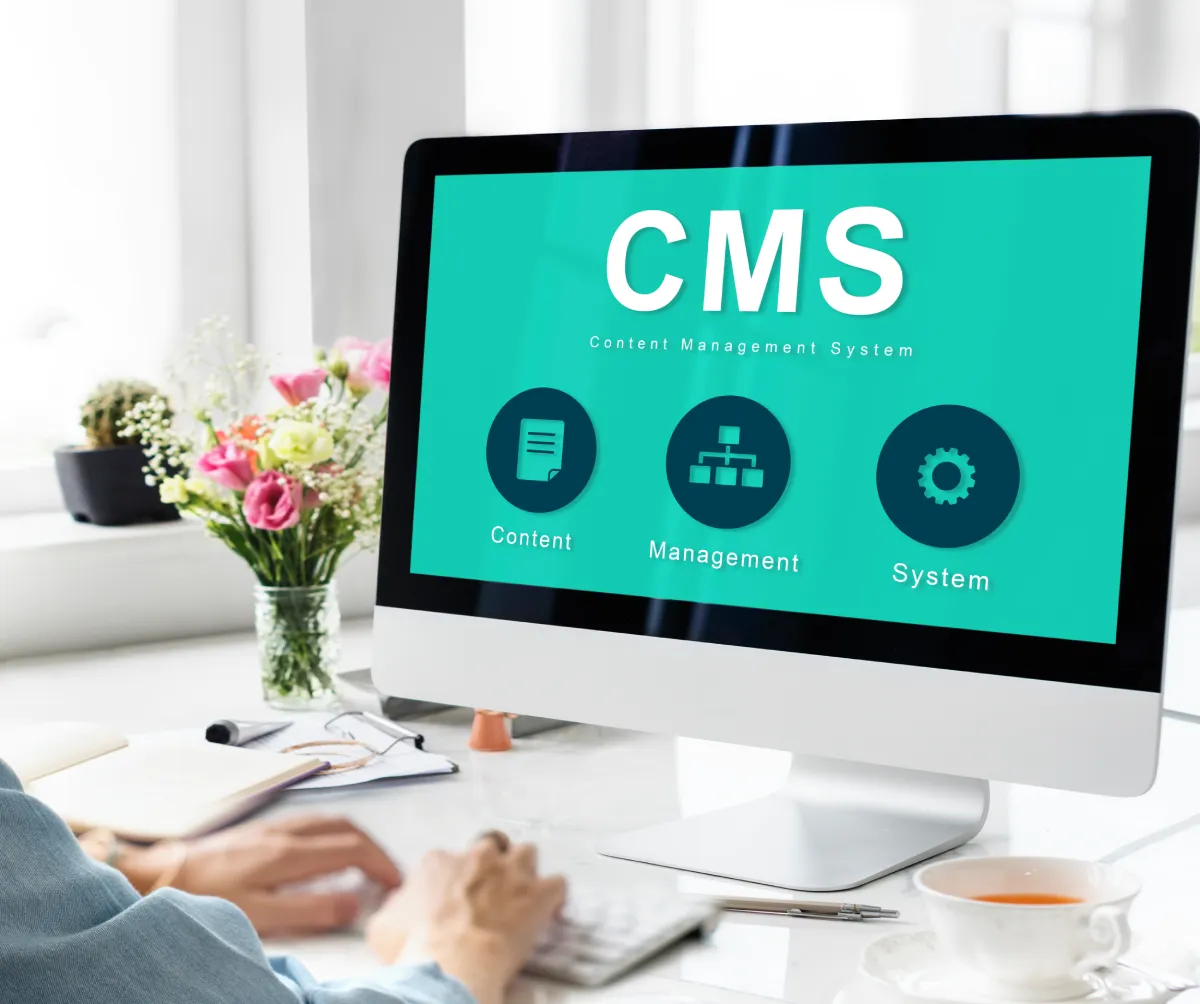The Future of WordPress: What’s Next for the World’s Most Popular CMS?
WordPress has been a leading content management system for almost two decades, with more than 40% of people using it to power their websites. Businesses and content creators choose WordPress for its’ big plugin library, versatility, and open-source nature.
However, the introduction of AI poses both new opportunities and new challenges for WordPress. WordPress enters the new age as a CMS, with WordPress-based hosting solutions such as a virtual server WordPress appearing, which grants users more control over the server’s resource management.
In this article, we will explore the future of WordPress and the potential directions of its transformations.
Current Directions in WordPress Development
Before jumping into the prospects of WordPress, let’s look at where things are headed by exploring the current development vectors for WordPress.
1. Cross-device Compatibility
WordPress is now focusing on its responsive design suitable for various devices, primarily mobile devices.
The world’s most famous CMS has now made plugins and themes to prioritize mobile-first indexing to ensure a positive user experience across devices. This means that WordPress will now facilitate the improvement of SEO ranking for websites, even if managed from mobile devices.
2. Customization
With personalization now being a heavy trend in the tech industry, users expect solutions to be tailored to their needs. WordPress is likely to meet this trend with more plugins aimed at the customization of the website’s content and design.
This can include the adaptability of the website to each individual user, for example, changing the website’s layout based on how users interact with it.
3. Voice Search Optimization
Voice search is now an essential feature present on many platforms and devices.
WordPress theme development will likely be focused on the necessary optimizitaion for voice search. This could imply adding schema markup or creating navigation menus that work through voice commands. Voice search optimization is one of the trends necessary to follow to maintain a competitive advantage.
4. Advanced Security
Security still remains a central focus for web development.
It is likely that WordPress will introduce additional security features. The already present features such as malware detection and automatic backup are expected to advance too.
5. AI Integration
AI features will also be included in WordPress in 2025.
There are many ways, in which AI can help create a more personalized user experience or improve SEO ranking. For instance, the option to include AI-based chatbots might be possible since they can offer instant support to visiting users.
6. Support of PWAs
Progressive Web Apps (PWAs) have provided a new way for users to interact with websites offering an app-like experience directly in the browser.
We can expect more themes and plugins supporting PWAs, which in turn can increase user engagement and customer loyalty.
The Future of WordPress
WordPress has been chosen as a primary CRM by the most successful companies in the world. It currently continues to dominate the market with more than 60% of websites globally using WordPress. It will likely continue to hold a leading place among all CRM systems.
What is likely to change is the amount of improvements WordPress is going to integrate this year. The following directions will be the priority ones.
Better Experience for Beginners
WordPress will continue to improve its user experience with a focus on non-technical users or beginners.
This can look like introducing more suggestions and tutorials for users and also giving recommendations that will help more easily navigate the management of their websites. These can regard templates, fonts, color schemes, and other attributes.
Advanced Customization
WordPress puts emphasis on customization in its development and aims to offer greater flexibility and personalization capabilities. Even though the system already excels in this area, users want to see more improvements.
Page builders can be the primary area for more sophisticated customization. Different options for layout, elements editing, and integration are likely to become the new permanent features of WordPress.
More Integration Options
Those, who use WordPress, often use other platforms or applications to handle their online representation. It is a common scenario where people use eCommerce platforms, social media, automation tools, and other content management systems along with WordPress.
It is important for users to be able to access the features of more than one platform at a time. So, with WordPress’s understanding of the demand and accessibility benefits of such an approach, it will likely develop in this area.

Leave a Reply